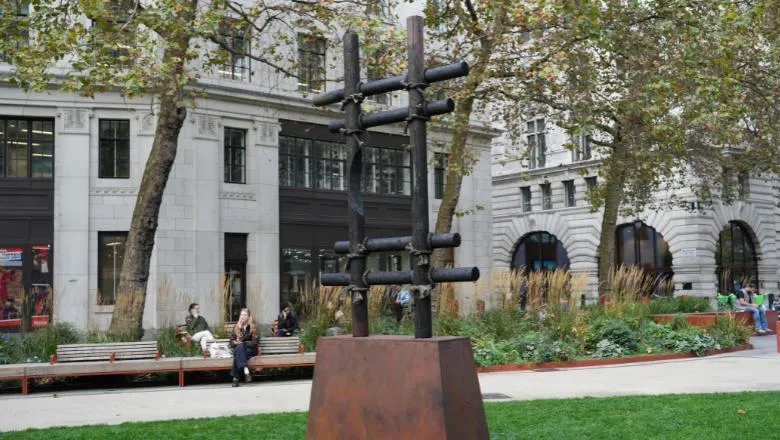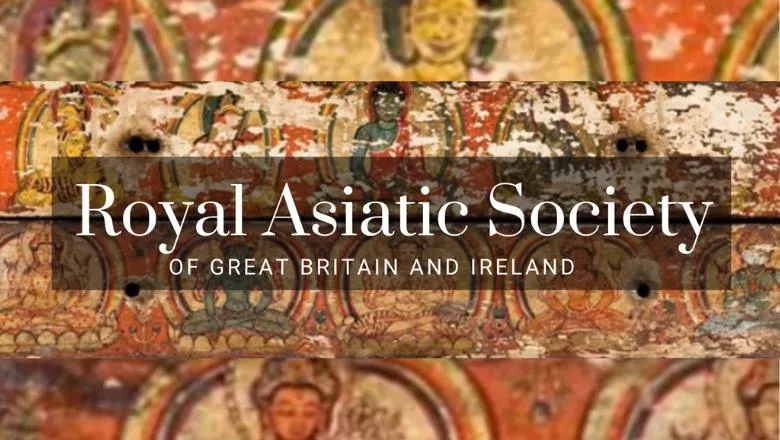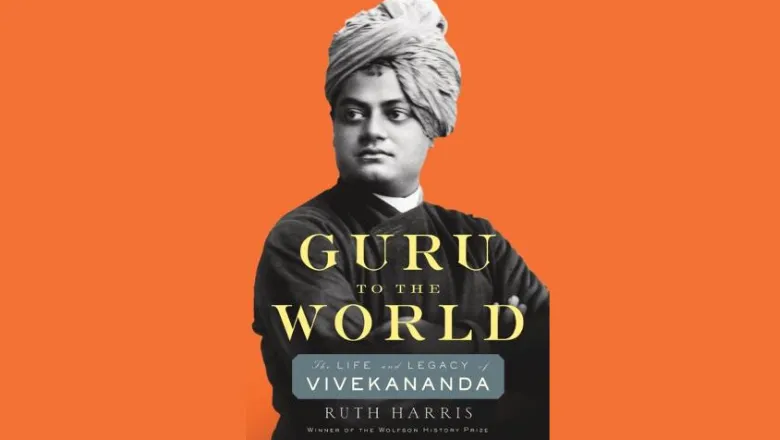
Biography
Taushif Kara is an intellectual historian of modern Islam. His research focuses on the history of decolonisation, political thought, and the global life of ideas. Kara is committed to integrating the study of Islam into broader intellectual discussions and debates, particularly in psychoanalysis and philosophy.
Dr Kara obtained his PhD and MPhil from the Faculty of History at the University of Cambridge. Prior to that he studied Islamic history and philosophy at the Institute of Ismaili Studies in London and served as a Teaching Fellow in the Department of Religions and Philosophies at SOAS. Kara has held research fellowships at the University of Chicago, the Centre of Islamic Studies in Cambridge, the Zentrum-Moderner Orient in Berlin, and at Princeton University’s Davis Centre for Historical Studies.
His doctoral thesis on the modern history of one of the Indian ocean’s Muslim trading communities – the Khojas – received an honourable mention for the Royal Asiatic Society’s Bayly Prize. This thesis and related research serve as the basis for his current monograph project.
With Dr Amar Sohal, Kara edited and contributed to a special issue of the journal Global Intellectual History titled “Refusing Minority, Recasting Islam” on the political ideas of Muslim minorities during the twentieth century. He also convened and contributed to a special forum of essays for the journal Public Culture to mark the fiftieth anniversary of the 1972 Ugandan expulsion of Asians.
Research interests and PhD supervision
Dr Kara’s current monograph project is a new history of sovereignty and decolonisation from the vantage point of the minority. It follows a dispersed Muslim community called the Khojas across Asia, Africa, and the Gulf, tracing their history from the height of imperialism in the nineteenth century to the turbulent emergence of the nation-state in the twentieth. Revising standard accounts, it argues that this diasporic “minority” was not a causality or victim of decolonisation but rather its antecedent.
Kara’s second project is a study of the political philosophy of Fazlur Rahman (1919 – 1988). As one of the twentieth century’s most important and prolific scholars of Islam, Rahman’s ideas would influence authoritarian leaders as well as Muslim feminists. This study focuses on his evolving ideas about democracy, history, and the modern subject. Aspects of this research will appear in a forthcoming issue of the journal Comparative Studies of South Asia, Africa, and the Middle East.
Dr Kara welcomes proposals from prospective students interested in any aspect of modern and contemporary Islam, especially historical or comparative analyses and studies moving beyond conventional sources or areas. Students working on aesthetics, culture, and “Islamic” art and architecture are also welcome.
Selected publications
- ‘Fazlur Rahman and the Recalcitrant Everyday,’ forthcoming in Comparative Studies of South Asia, Africa, and the Middle East.
- ‘Vanishing Mediators: or, Multiculturalism Expelled,’ Public Culture, vol. 36, no. 3 (2025): 359 –373.
- ‘Waiting for Revolution,’ Comparative Studies of South Asia, Africa, and the Middle East 42, no. 2 (2022): 505 – 516.
- ‘Provincializing Mecca? (1924 – 1969),’ Global Intellectual History 7, no. 6 (2021): 1037 –1057.
- ‘Pray to the Archive: Abstracting history in Zanzibar,’ International Journal of Islamic Architecture 9, no. 2 (2020): 265 – 285.
Teaching
Kara teaches across several undergraduate and graduate modules on a range of topics, including colonialism and decolonisation, comparative political thought, and political theology.
Expertise and public engagement
Kara’s public writing has appeared in The White Review and in Public Books.
News
New sculpture illustrates ‘space between death and the afterlife'
The Middle is a sculpture by artist, Aman Aheer and developed in collaboration with Dr Taushif Kara, is a reflection on the ambiguous concept of barzakh:...

Dr Taushif Kara nominated for Royal Asiatic Society award
Lecturer in Modern Islam, Dr Taushif Kara is recognised for outstanding thesis.

Events

The Middle: Tour with artist Aman Aheer
Explore the process and ideas behind The Middle alongside artist Aman Aheer and King’s academic Dr Taushif Kara
Please note: this event has passed.

Roundtable: 'Guru to the World' by Ruth Harris
Professor Harris will be in conversation with Dr Suzanne Newcombe (Open University/INFORM) and Dr Luna Sabastian (Northeastern University) about her new...
Please note: this event has passed.
News
New sculpture illustrates ‘space between death and the afterlife'
The Middle is a sculpture by artist, Aman Aheer and developed in collaboration with Dr Taushif Kara, is a reflection on the ambiguous concept of barzakh:...

Dr Taushif Kara nominated for Royal Asiatic Society award
Lecturer in Modern Islam, Dr Taushif Kara is recognised for outstanding thesis.

Events

The Middle: Tour with artist Aman Aheer
Explore the process and ideas behind The Middle alongside artist Aman Aheer and King’s academic Dr Taushif Kara
Please note: this event has passed.

Roundtable: 'Guru to the World' by Ruth Harris
Professor Harris will be in conversation with Dr Suzanne Newcombe (Open University/INFORM) and Dr Luna Sabastian (Northeastern University) about her new...
Please note: this event has passed.
